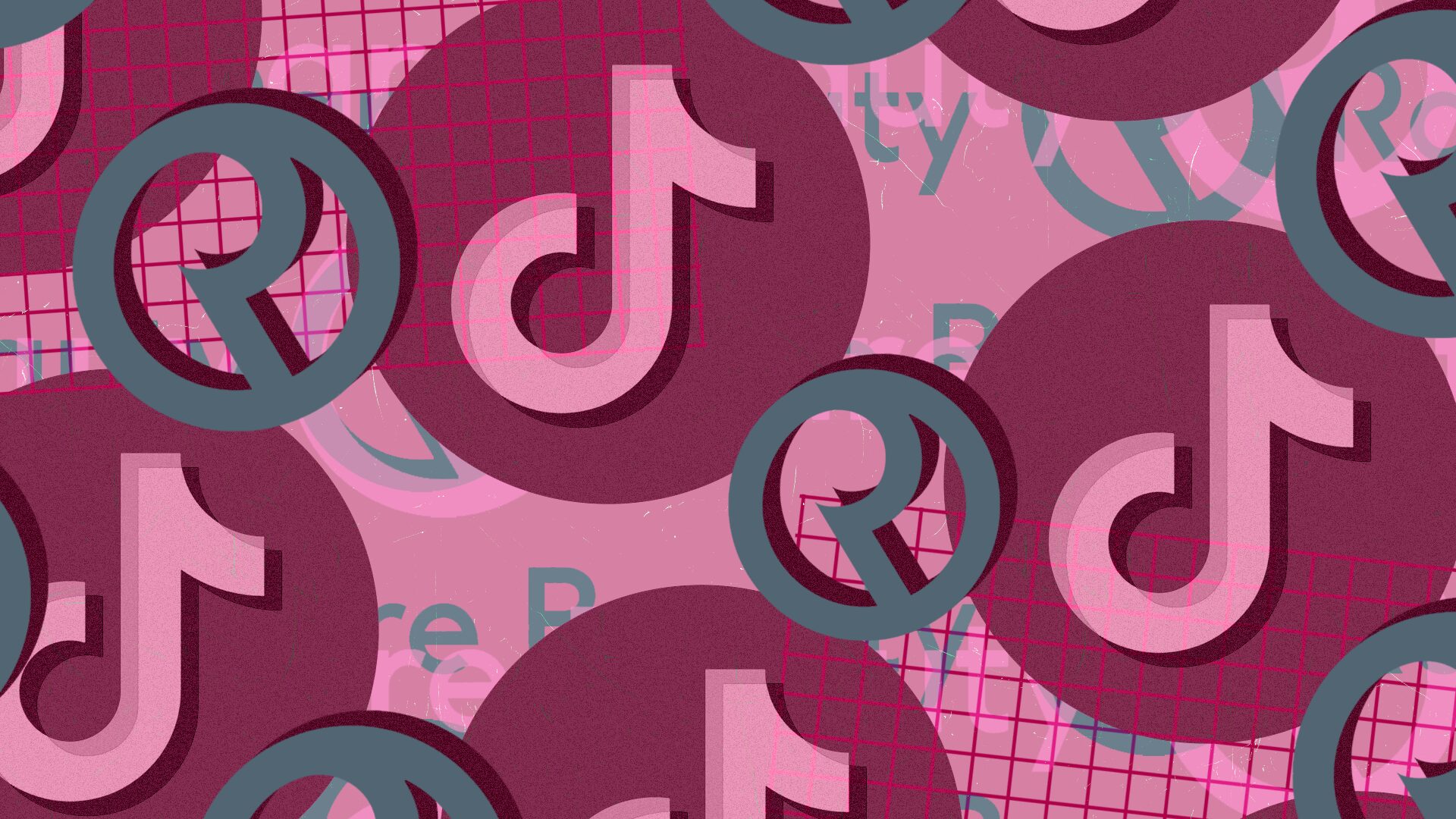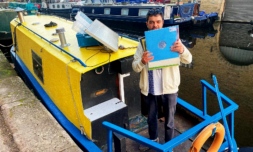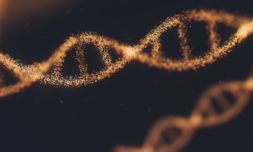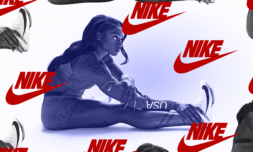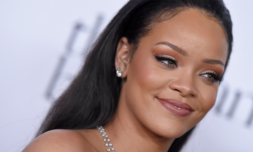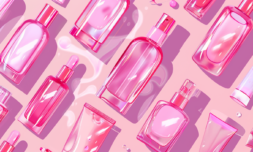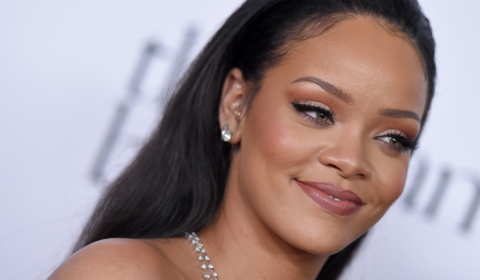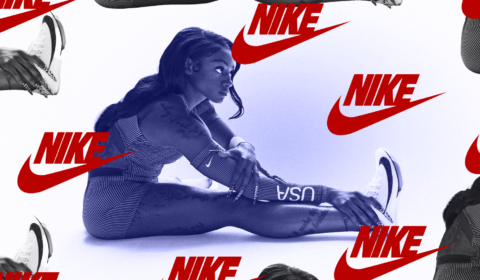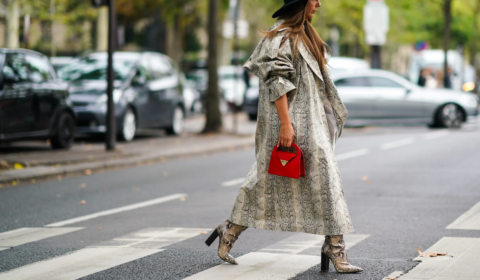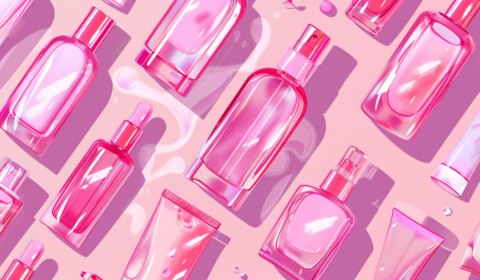Rare Beauty has received praise from disabled customers for their easy-to-use packaging, sparking critical conversations about the beauty industry’s lack of inclusivity.
Since launching in 2020, Selena Gomez’ beauty brand ‘Rare Beauty’ has enjoyed staggering success. With sleek branding, shade variety, and trend-worthy products, the makeup line made $60 million in its first year.
The brand has built itself around a mantra of inclusivity, both in its inclusive shade range and emphasis on ‘minimalism’, hoping to break down ‘unrealistic standards of beauty’ in an increasingly digital world.
Gomez has been a proprietor of self-love during her time in the spotlight, and regularly shares images of herself makeup-free on social media. Her public battle with lupus has also made her an inspiration to millions suffering with chronic illness, as she helps to normalise relatively unknown diseases.
But Rare Beauty has recently received praise online for another reason. Beyond their inclusive product shades and media campaigns, disabled customers are celebrating the brand’s consideration of physical ability when it comes to packaging design.
TikTok user Christen Roos went viral on the app last week when she highlighted the design of Rare Beauty’s liquid blush. Roos describes herself as a ‘short armed person,’ and often finds it challenging to open her favourite beauty products due to weak hand muscles.
The 37-year-old was born with a rare genetic disorder that impacts her bones and muscles, making it frustratingly difficult to use beauty products, despite her love of makeup.
Roos’ video was a response to another TikTok user calling out Rare Beauty for their ‘messy’ packaging, complaining that the product got ‘everywhere’ when you opened the bottle.
‘Why are you yelling, and being so aggressive?’ Roos responded. ‘I recently discovered that Rare Beaty designed their packaging specifically with people with disabilities in mind.’
Rare Beauty features a distinctive bottle-lid with a disc design, making it easy to grip and open.
‘Holy moly’ Roos said in response to the packaging, ‘look what the world is when we’re more inclusive.’
Others with disabilities have taken to social media to celebrate Rare Beauty’s consideration of all kinds of customers, from those with low vision to limb amputations.









